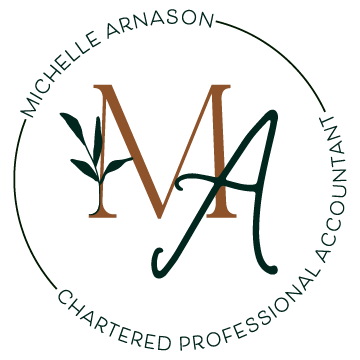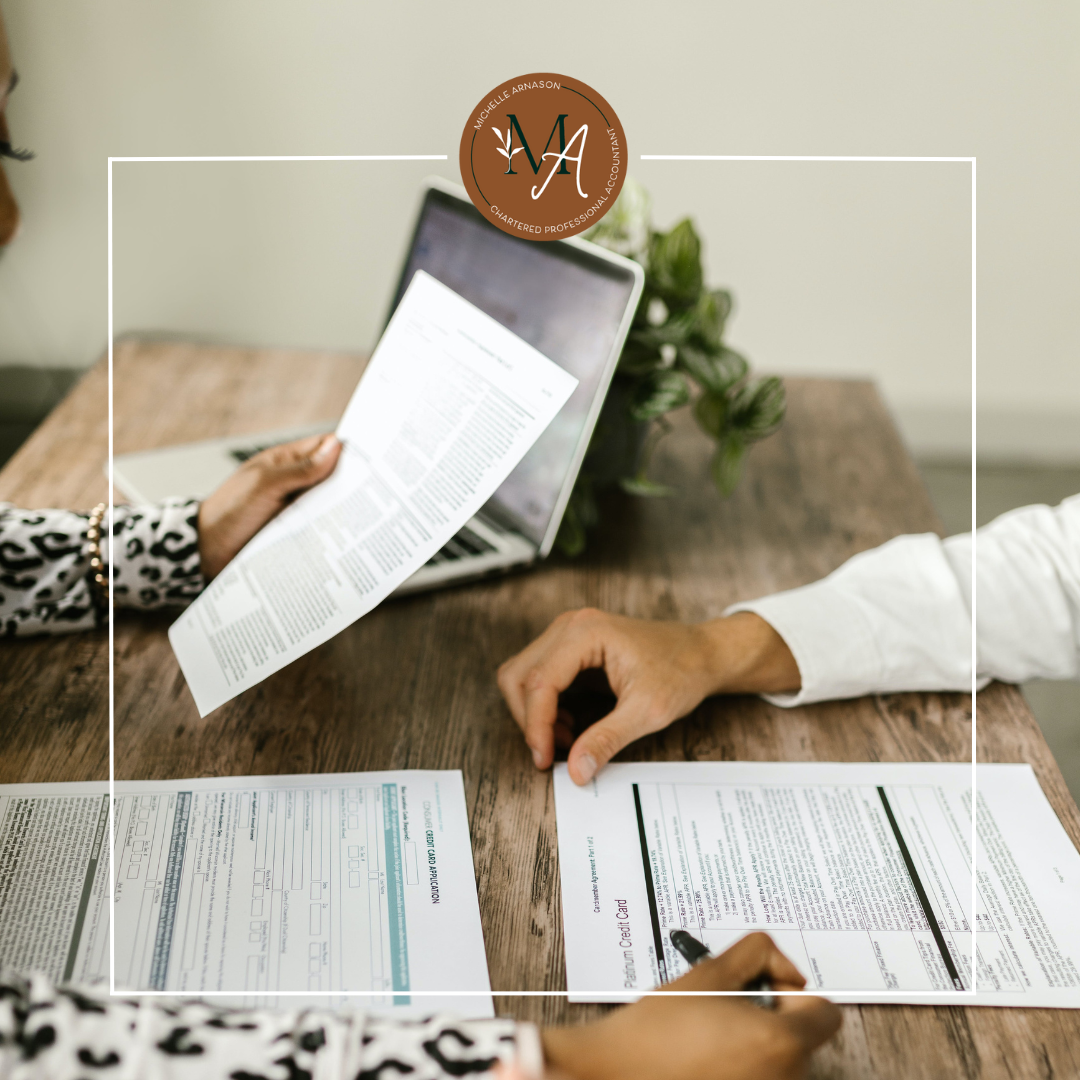Navigating the CRA: How to Prepare for a Business Audit
A business audit by the Canada Revenue Agency (CRA) can seem overwhelming, but careful preparation can turn it into a manageable challenge.
Whether it's a routine check or triggered by discrepancies, being audit-ready can save you time, money, and stress.
Here’s how to prepare:
1. Keep Accurate and Up-to-Date Records
The foundation of a smooth audit is accurate record-keeping. Ensure that all of your financial records, including receipts, invoices, and bank statements, are well-organized and up to date.
The CRA can request records from as far back as six years prior, so make sure you have access to all relevant documentation.
Pro Tip: Digitize your receipts to help if this comes in six years!
2. Know What the CRA Looks For
The CRA may focus on specific areas, such as income reporting, expense claims, or GST/HST remittances. Familiarize yourself with common triggers for audits, such as large or unusual expense claims, and ensure that your records can substantiate all claims.
Pro Tip: If you’re claiming home office or vehicle expenses, be prepared to provide detailed logs and justification - so keep those handy!
3. Maintain Consistent Financial Practices
Consistency in your financial practices is key. Ensure that your bookkeeping, tax filings, and financial reporting follow consistent methods and principles.
Any significant deviations from previous years’ reports could raise red flags. If you’ve made changes, document the reasons clearly.
Pro Tip: Regularly review and reconcile your records throughout the year to catch discrepancies early and maintain consistency.
4. Review Your Tax Returns Before Submission
Before submitting your tax returns, conduct a thorough review to catch any errors or omissions. Double-check all figures and ensure that you have supporting documentation for all deductions and credits claimed.
Filing accurate returns reduces the likelihood of an audit.
Pro Tip: Consider having a second pair of eyes review your returns to catch any mistakes you might have missed and further reduce the risk of an audit.
5. Seek Professional Help
If you’re unsure about any aspect of your tax filing or audit preparation, consult with a professional accountant. A CPA can help you identify potential risks, rectify issues, and ensure that your records comply with CRA requirements. They can also represent you during the audit process, providing expertise and peace of mind.
Pro Tip: Engaging a CPA early in the process can help you address potential issues before they become problems and provide you with a clearer strategy for navigating the audit process.
Don’t wait for the CRA to come knocking—be proactive in your audit preparation. We offer comprehensive audit support and tax compliance services. Let us help you navigate the complexities of a CRA audit with confidence. Book a discovery call today to learn more about how we can assist you.

